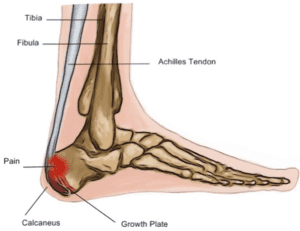Who is it for?
A swimming assessment should be performed on elite or casual swimmers who train on a regular basis. Due to the repetitive nature of swimming, a swimmer who has an underlying weakness or restricted range is more prone to injury.
Why is it important?
Swimmers train and compete whilst floating in a fluid medium (water). Therefore, they must propel themselves through the water by pushing against an everchanging moving liquid substance. Water provides a relatively poor base for propulsive movements and offers a resistance for forward propulsion (drag). As a result, swimmers need good body position, technique and strength to create propulsion through the water and minimise drag.
Swimming injuries are predominantly overuse injuries, due to the high levels of repetitive load swimmers go through. For example, elite level athletes will swim anywhere from 80-100km a week, which can mean anywhere up to 40,000 shoulder revolutions for each shoulder, and 80,000 kicks for each leg. As a result, small biomechanical differences can rapidly accumulate and cause pain and injuries.
Our physiotherapists can identify how to improve your biomechanics (way of moving) through the water to ensure you are moving efficiently and not increasing your risk of injury.
In summary the role of a swimming screening assessment is to ensure the body is able to withstand the demands of the sport.
What does it involve?
A swimming screen involves a number of small assessments that allow us to gain an insight into any areas that have the potential to become an injury or result in a possible injury. During assessments we also have the time to address and assess and current area of concerns you may have.
A swimming screen involves an assessment of a range of factors which can influence the way you move through the water, and therefore your risk of injury and swimming performance. This may include an assessment of:
- Upper limb and lower limb strength
- Upper limb and lower limb range of motion
- Functional strength assessments (how strong your body is through the swimming motion)
How can physiotherapists help?
As physiotherapists we are able to identify any areas of weakness or concern. During your appointment you can expect to receive education in regard to our findings, manual therapy such as soft tissue massage and an exercise program to assist with long term management and injury prevention.
Blanch, P. (1999, May). Musculoskeletal Screening for Swimmers. Australian Institute of Sport.





